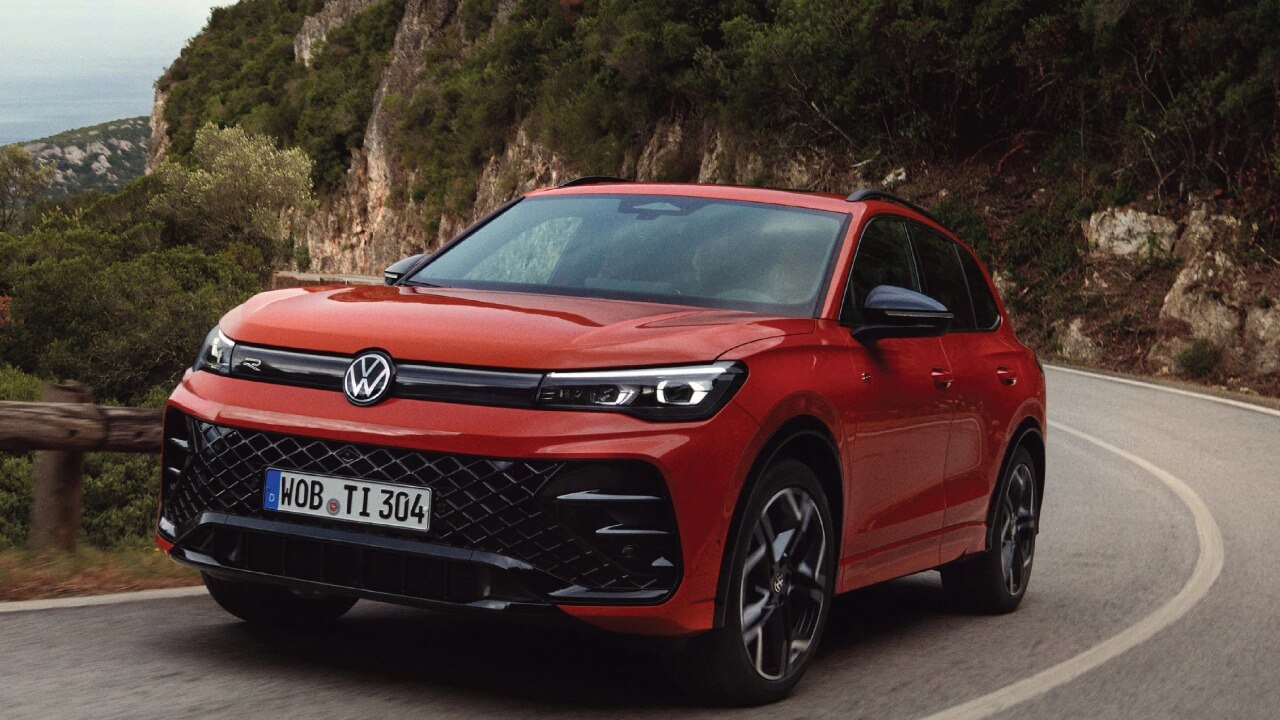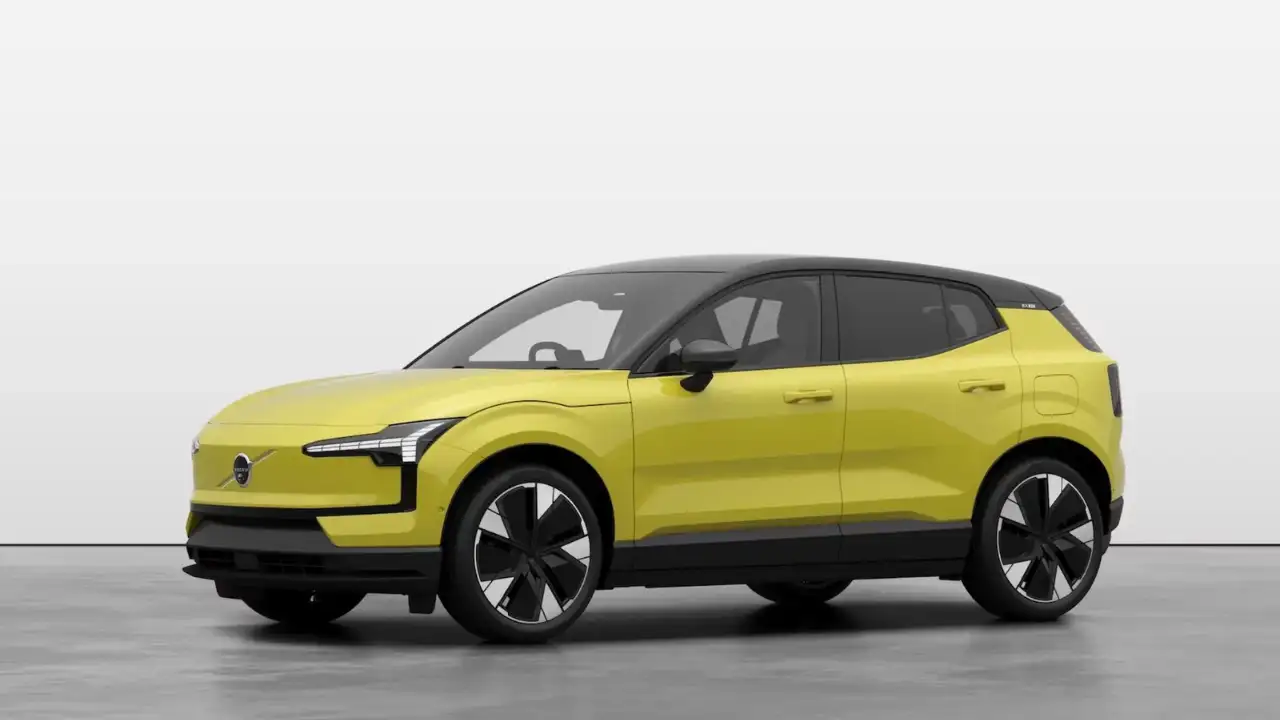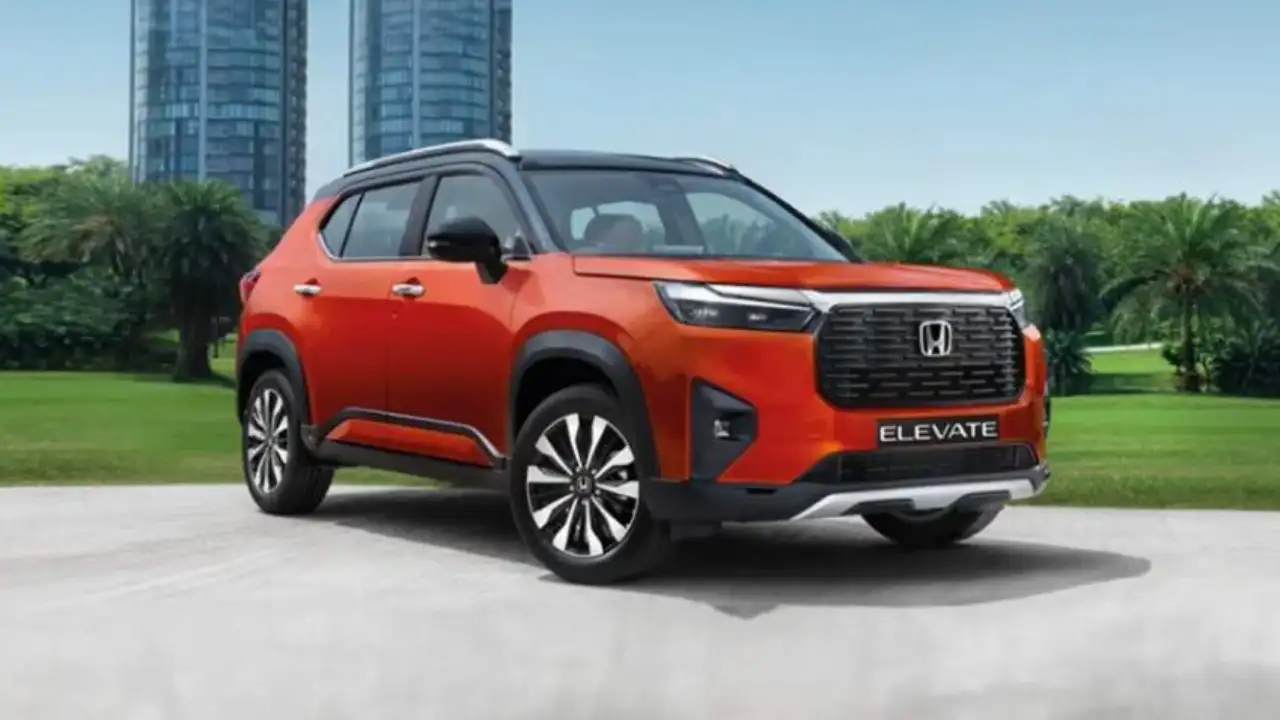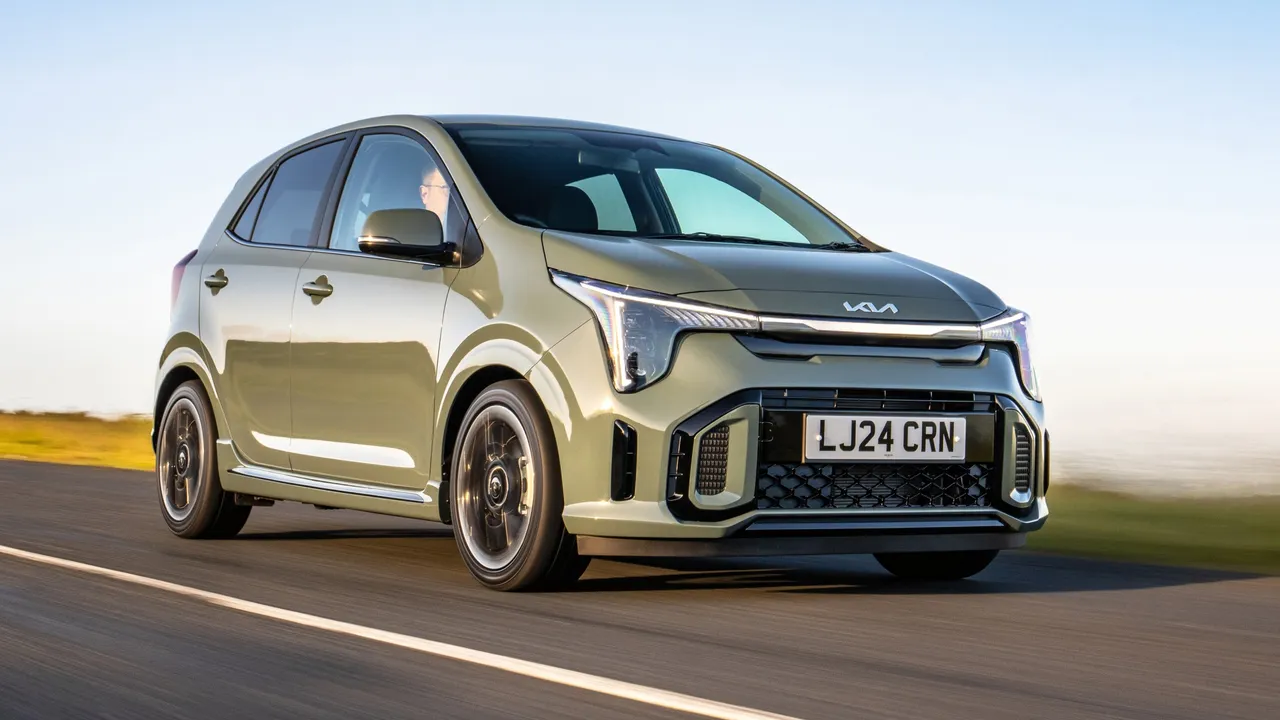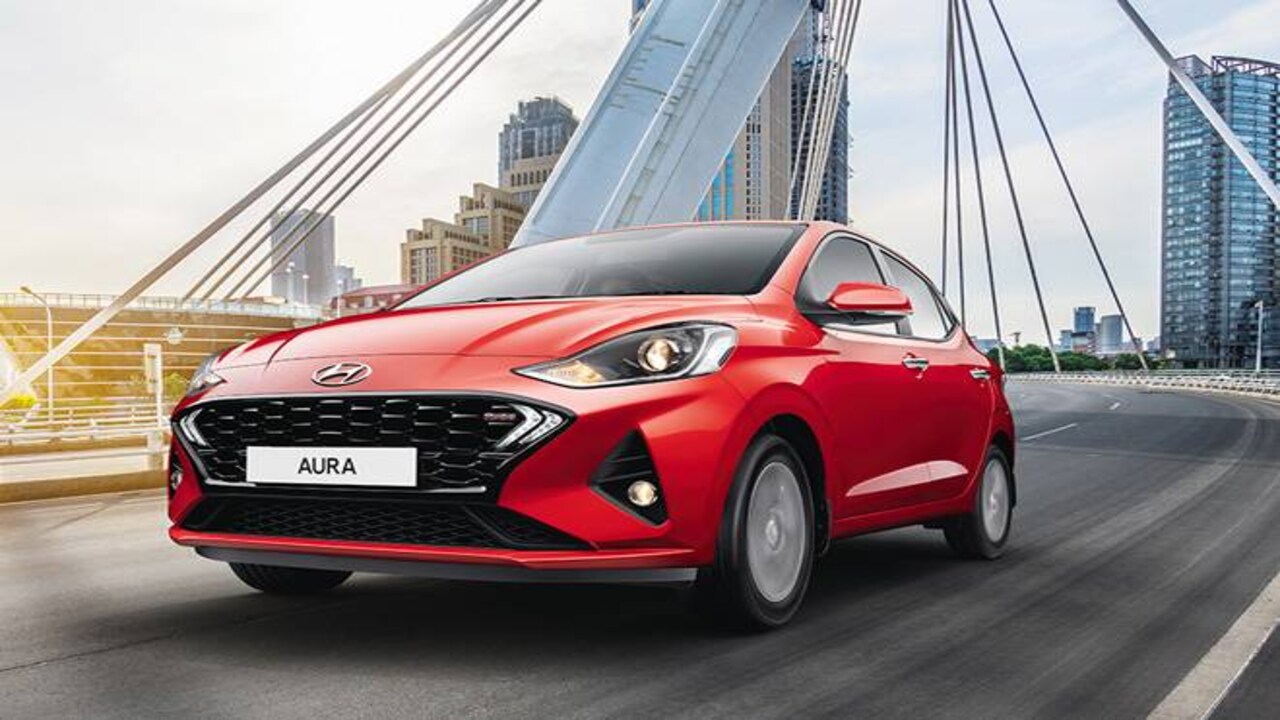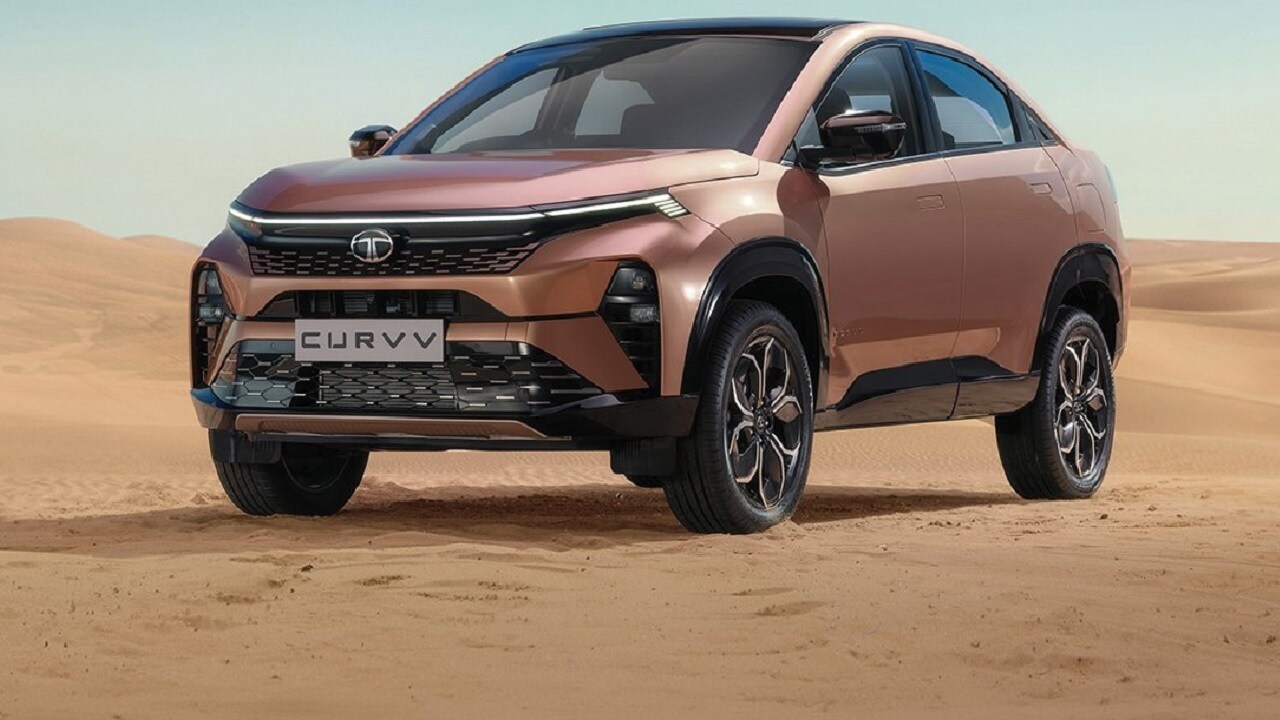Volkswagen enthusiasts and potential buyers of the Tiguan SUV will soon experience a price increase, with the popular model set to become costlier starting May 2025. The Tiguan, which has carved a niche in the competitive compact SUV market, offers a blend of performance, advanced technology, and German engineering that has made it a favorite among consumers. However, due to rising production costs and other economic factors, Volkswagen has announced the price adjustment, which will affect both new buyers and those considering upgrades to newer variants.
The Volkswagen Tiguan: A Popular Choice in the SUV Segment
Since its launch, the Volkswagen Tiguan has been a standout in the compact SUV segment. Known for its refined design, excellent driving dynamics, and quality interiors, the Tiguan appeals to a wide range of customers. Whether used for city commutes or weekend getaways, this vehicle offers versatility without compromising on comfort or performance.
With advanced safety features, infotainment systems, and a range of engine options, the Tiguan has solidified its position as a top contender in the market. Its blend of style and practicality, along with Volkswagen’s reputation for building durable cars, has made it a preferred choice for many looking for a premium yet accessible SUV experience.
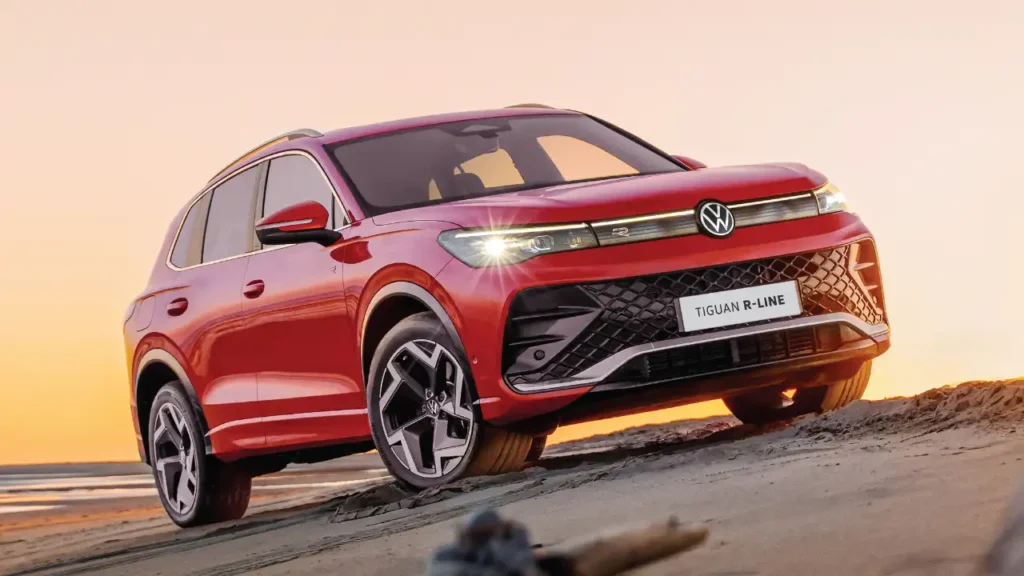
Why Is the Price Going Up?
Volkswagen’s decision to increase the price of the Tiguan in May 2025 is largely driven by several factors that have impacted the automotive industry as a whole. Below are the key reasons behind this adjustment:
1. Increasing Production Costs
One of the primary reasons for the price hike is the rising costs of manufacturing vehicles. Raw materials, such as steel, aluminum, and plastic components, have seen significant price increases in recent years. Additionally, the automotive industry has been grappling with higher labor costs, which have affected production expenses. As a result, manufacturers like Volkswagen are adjusting their pricing to account for these higher production costs, which inevitably trickle down to consumers.
2. Global Supply Chain Disruptions
The automotive sector has faced considerable disruptions in global supply chains, particularly in the availability of critical components like semiconductor chips. These shortages have led to delays in production and increased costs, forcing automakers to reassess their pricing strategies. The Volkswagen Tiguan, like many other models, has not been immune to these issues, and the company’s decision to raise prices reflects the increased expenses associated with these disruptions.
3. Technological Upgrades and Features
Volkswagen has continually worked to improve the Tiguan, incorporating the latest technological advancements and safety features. Upgrades to the infotainment system, advanced driver assistance features, and enhanced fuel efficiency are just some of the updates that make the Tiguan an even more attractive option for consumers. While these technological advancements are beneficial for buyers, they also come with higher costs in terms of research, development, and production.
4. Economic Inflation and Increased Operating Costs
As inflation continues to impact economies around the world, the automotive sector has been faced with rising operating costs, from labor to logistics. These economic factors, combined with volatile market conditions, have placed additional financial pressures on manufacturers. To maintain profitability while continuing to deliver high-quality vehicles, Volkswagen has decided to raise the price of the Tiguan to reflect these market shifts.
What Does This Mean for Potential Buyers?
For prospective buyers, the price increase of the Volkswagen Tiguan in May 2025 means that those who have been considering purchasing the vehicle may want to act quickly to secure the current price. With the costlier models set to take effect soon, it may be advantageous to finalize a purchase before the price bump is applied.
Buyers looking to finance the Tiguan may also want to consider how this price increase will affect their monthly payments and overall budget. Additionally, those who were hoping to purchase a higher-spec variant may need to reassess their plans, as the price hike could make certain trims less affordable.
1. Time to Act: Lock in Current Prices
For those who have been eyeing the Tiguan but haven’t yet made a decision, now might be the best time to act. Securing the current pricing before the May 2025 increase could offer significant savings, especially if you are looking for a top-tier trim with advanced features.
2. Increased Competition in the Segment
The compact SUV market is fiercely competitive, with numerous options available to buyers. The price increase of the Tiguan could push potential buyers to consider alternatives from other manufacturers. As other brands respond to Volkswagen’s pricing adjustments, the competition will likely heat up, and buyers will have even more choices to weigh. The Tiguan’s price increase may, however, help highlight its premium features and the value it offers relative to competitors.
Conclusion
The Volkswagen Tiguan’s price hike, effective from May 2025, is a reflection of the broader challenges facing the global automotive market. Rising production costs, supply chain disruptions, and the integration of advanced technologies all play a role in the decision to increase the vehicle’s price. While this may result in higher costs for potential buyers, the Tiguan’s blend of performance, quality, and advanced features ensures that it will continue to be a strong contender in the compact SUV market.
For those planning to buy the Tiguan, it’s important to consider the upcoming price adjustment and act quickly to lock in the current rates. As the automotive landscape continues to evolve, buyers will need to balance their preferences for advanced features and quality with the rising cost of ownership. The Volkswagen Tiguan, even with the price bump, remains a top choice for those seeking a premium SUV experience.
